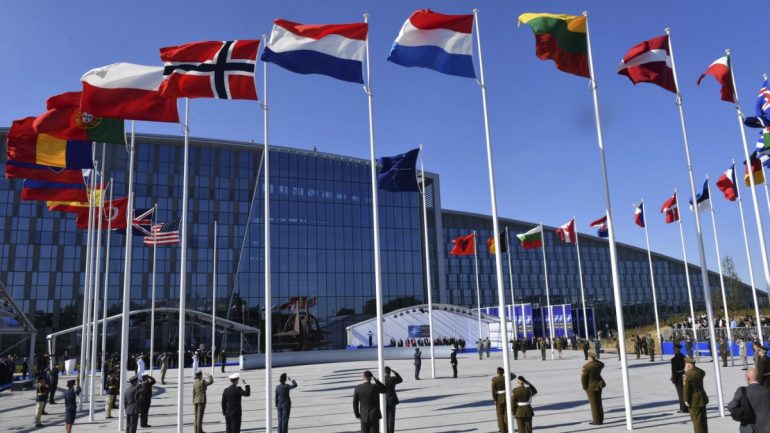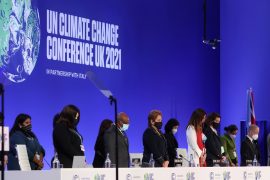The warnings from Brussels seem very helpless. After meeting with Ambassadors of Member States Threatened NATO Secretary General Jens Stoltenberg Taliban in Afghanistan: “If they take the country by force, they will not be recognized by the international community as a government”. NATO supports a political solution to this conflict. A similar statement was made shortly before by another important body in Brussels – the European Union Commission. external representative josep Borrell predicted The Taliban should “re-establish an Islamic emirate by force” in Afghanistan for “non-recognition, isolation, lack of international aid”.
But it does not seem likely that the Taliban will be affected by the halting of development aid and the international boycott. Especially since it has not been agreed that all world powers will follow the policies of NATO and the European Union. So received the foreign minister of China In late July, Wang Yi met with Taliban official Mullah Abdul Ghani Baradar.
But the EU has no other advantage to make an impact. After all, the EU has paid more than four billion euros in development aid to Afghanistan since 2002 – no other country has cashed in more. At the donor conference in Geneva last November, EU institutions pledged another 1.2 billion euros for the years until 2024. Foreign politician Borrell is now linking support to clear conditions: a peaceful settlement in the country and respect for fundamental rights, including those of women and minorities. “It is extremely important to preserve the significant progress made for women and girls over the past two decades, including access to education,” says the Spaniard.
Other EU officials are pessimistic about this progress – and astonished at how quickly the Afghan army collapsed: “We feared that the hands would go back twenty years in twenty weeks, but unfortunately twenty days was enough, ” said Italian General Claudio Graziano, President of European Union Military Committee, news portal politician.
Situation at the border is calm – for now
Hundreds of thousands of Afghans have already fled the fighting – within the country or in neighboring states. This has so far not been reflected on the EU’s external borders: according to the Commission, only 4,000 illegal immigrants have been apprehended from Afghanistan since the beginning of the year, half less than in the same period last year.
If this changes and the refugee crisis of 2015 repeats itself, it will be another difficult test for the EU. Member states have still not been able to agree on a common asylum policy and fair distribution of refugees. The EU Commission’s responsible vice-president, Margaritis Shinas, called for hurry over the weekend: “The crisis in Afghanistan, but not only that, makes it even more clear that now is the time to find out about the new European crisis. migration agreement To agree,” said the Greek of the Italian daily impression.

Introvert. Proud beer specialist. Coffee geek. Typical thinker. Pop culture trailblazer. Music practitioner. Explorer.





